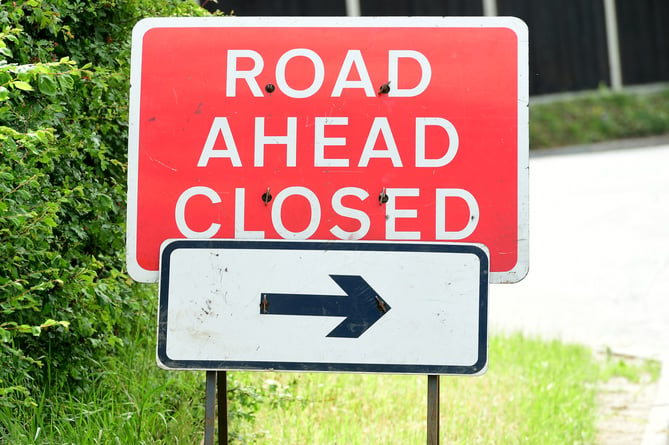Gloucestershire had almost 100 bridges unfit for the heaviest vehicles on its roads last year, new figures show.
Motoring research charity the RAC Foundation, which carried out the analysis, expressed concerns over the impact of severe weather and a shortage of engineering skills.
Figures obtained by the organisation through freedom of information requests show there were 91 substandard bridges in Gloucestershire at the end of 2023. These bridges cannot carry the largest 44-tonne lorries allowed on the nation’s roads.
They accounted for 11% of the 856 bridges in the area.
Steve Gooding, RAC Foundation director, said: "As ever, we are grateful to all the authorities who answered our questions.
"This data should not be used as a stick to beat highway authorities with but seen as a weathervane which indicates the way the highway condition wind is blowing."
The organisation analysed 201 responses from the 208 local highways authorities in England, Scotland and Wales.
Between the responses, 2,928 (4%) of the total 73,208 road bridges were substandard.
Some were substandard because they were built to earlier design standards, while others have deteriorated through age and use.
Devon was the local authority area with the most substandard bridges at 222.
Mr Gooding said: "While on the one hand it looks like councils are holding their own in keeping their road networks functioning, with every year which passes we are seeing the challenge of maintaining climate resilience increase in the face of more extreme weather."
He added a drive in recruitment, training and retainment of engineers alongside a new five-year funding settlement for local roads would help protect bridges.
Local authorities said they would ideally want to bring 1,955 of their substandard bridges back up to full carrying capacity.
But budget constraints mean they anticipate that only 292 will have the necessary work carried out on them within the next five years.
The bridge maintenance work backlog across Britain is an estimated £6.8 billion.
Keith Harwood, chair of ADEPT National Bridges Group, said: "Our nation's highway infrastructure represents centuries of investment, serving as the backbone of our economy and communities.
"However, as our bridges age and face mounting pressures from increased traffic and the impacts of climate change, maintaining their resilience becomes increasingly critical."
Darren Rodwell, transport spokesman for the Local Government Association, said councils want to do all they can to maintain local highway infrastructure.
He added: "Despite their best efforts, funding constraints limit the amount that councils can do in fulfilling these duties.
"Long-term, consistent funding for all councils would provide certainty for them to properly plan ahead and focus on preventative measures, to make all of our local highways infrastructure more resilient."




